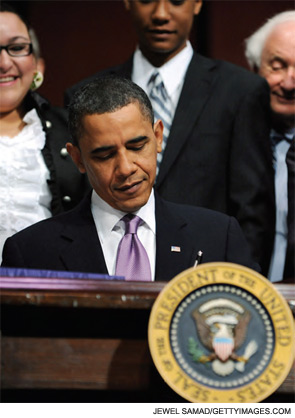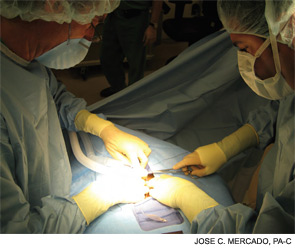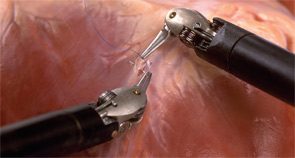This issue of ENT Today includes an article on the debate over canal-wall-up (CWU) versus canal-wall-down (CWD) tympanomastoidectomy (p. 5). I remember hearing the same arguments when I was a resident at UCLA, which was also the last time I drilled a mastoid bone; my practice focused on head and neck surgery and pediatric otolaryngology. Over the past 32 years, Drs. Bruce Gantz, Rick Chole (two of my otology colleagues on the Board of Otolaryngology), and other otologist friends have suffered through my semi-tongue-in-cheek comments on why otologists can’t agree on which procedure is better. Although the technology used in both procedures has evolved, the final product of the two procedures, a dry, safe ear, is, as best I can tell, the same as it was when I was a resident. I have been told that one of the main factors considered in the decision regarding which procedure to perform is where the otologist trained.







